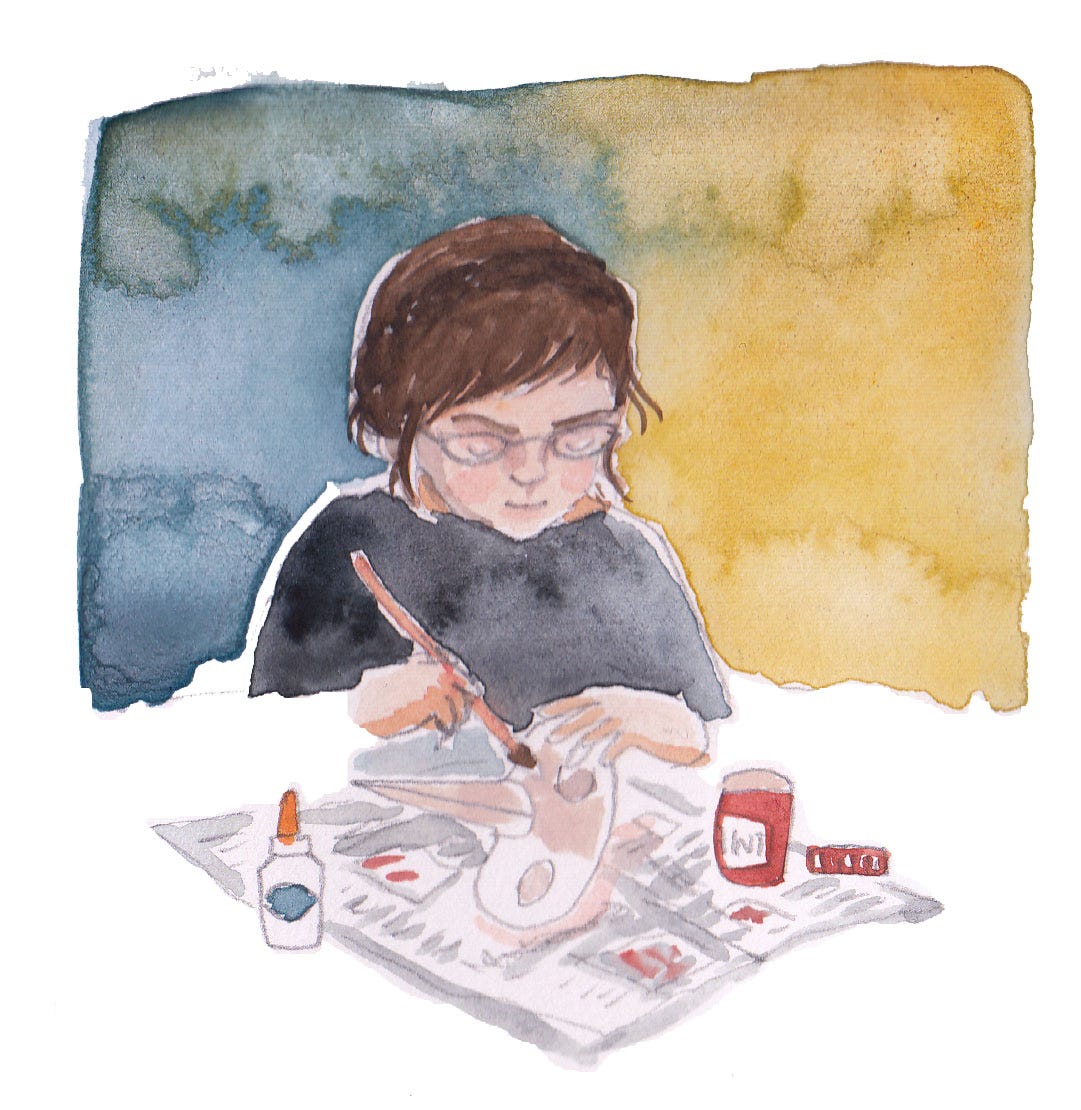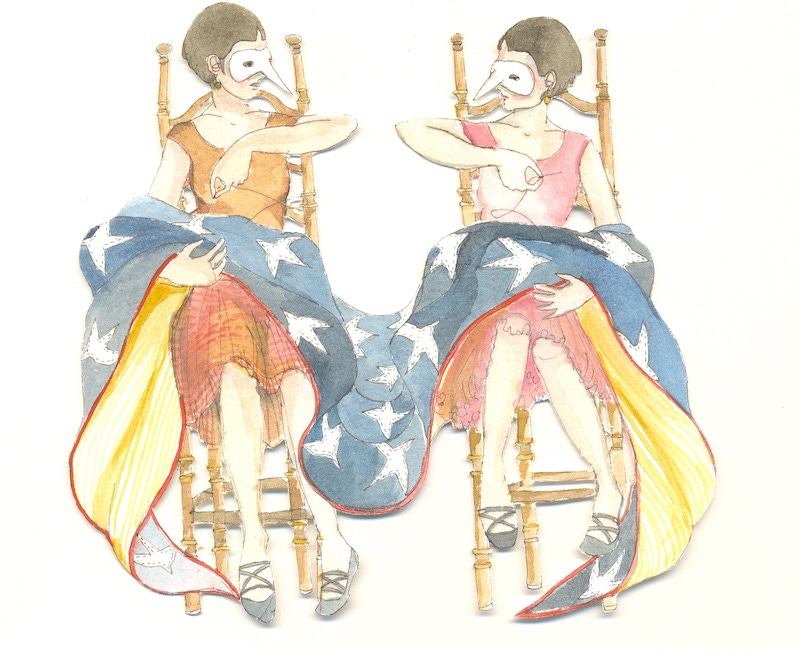The title of this space comes from Fanny Howe’s essay “Bewilderment”, in The Wedding Dress: Meditations on Word and Life. In this essay, Howe writes that bewilderment is “an ethics and an aesthetics”, or “a way of entering the day as much as the work”. Bewilderment has been a guiding question for me since first encountering Howe’s essay almost twenty years ago. A process that interrupts established ways of navigating, bewilderment inverts value systems, breaks our compasses—not only in writing, but in our daily lives (as if we could ever really separate the two). Bewilderment is also an effect: for me, the effect of close attention that can result in a radical subversion of my assumptions about what matters, what can interest me, how I’m connected to what’s around me, and what “around me” even means.
I have always been a person for whom writing is one thing among others: a part of life that goes on, like breathing, during the everything else of my days. Washing dishes, walking to the bus stop, buying groceries, being with others, teaching and other paid work, sewing, doing philosophy, caring for my family—all these are threaded through the part of me that writes, and the writing part is threaded through all of these. Howe’s idea of bewilderment has led me to think about writing and living (making clothes, meals, rooms; working for pay; relating to other beings, to ideas, to objects and texts and images, and to places) as processes where questioning my received understandings—my pictures of a world that “just is”—is primary, the groundwork for both writing and living.
So in this space, I’ll think about—and invite others to think about—what Frank Bidart means when he writes that “being is making: not only large things, a family, a book, a business: but the shape we give this afternoon, a conversation between two friends, a meal”. Our ordinary lives, where the biggest questions of meaning—what justice looks like; what liberation is; how to live together; what art means—show up in patchwork ways. Our work: to live them and to make art of them, to bewilder ourselves in the living of them, to make (in Toni Cade Bambara’s words), “revolution irresistible”.
Posts will go up on Sundays, beginning March 5, 2023. Here’s what you can expect:
Once a month, a new piece of writing from me: thinking about art, writing, ordinary life.
Once a month, an older piece of writing from me, sometimes republished from elsewhere, and sometimes drawn from a stock of drafts.
Once a month, a feature called [while washing the dishes]: notes on things I’ve encountered that you might like—music, images, bits of text, objects, places. Short reviews, possibly.
Once a month, a feature called [while walking], a collection of photos from my transit through Dublin on the way to work and my passage through our neighborhood while doing errands or just walking.
Every so often, an essay from a guest contributor. More on that soon.
Bewilderment (every sense of that word!) is free. Eventually, what’s posted here will be available as a print quarterly, and older essays will be hidden as they appear in print. Information about the print quarterly (cost, subscription details) will be available later this year. If you enjoy what you read, please feel welcome to share it with others.
And finally, a little about me: I’m a writer and an artist working across performance, installation, and social practice, all of which draw on a longstanding practice of observation and drawing. I’m especially interested in time: duration, seasonality, repetition and cycle, and time itself (what it is, how it’s made or measured, how we know, how time and culture cross). My work is attentive to and deeply curious about form—social form, literary form (received and invented), botanical form (plant structures). I link both time and form to place, especially hyperlocal place, and the way patterns of time and form can lead us to knowledge and wonder in our most near-to-hand places. Finally, I’m interested in the human scale: the hand, the foot, the eye, and how this scale can teach us about living with one another and in the world.
Thank you for reading—thank you for being—here.






